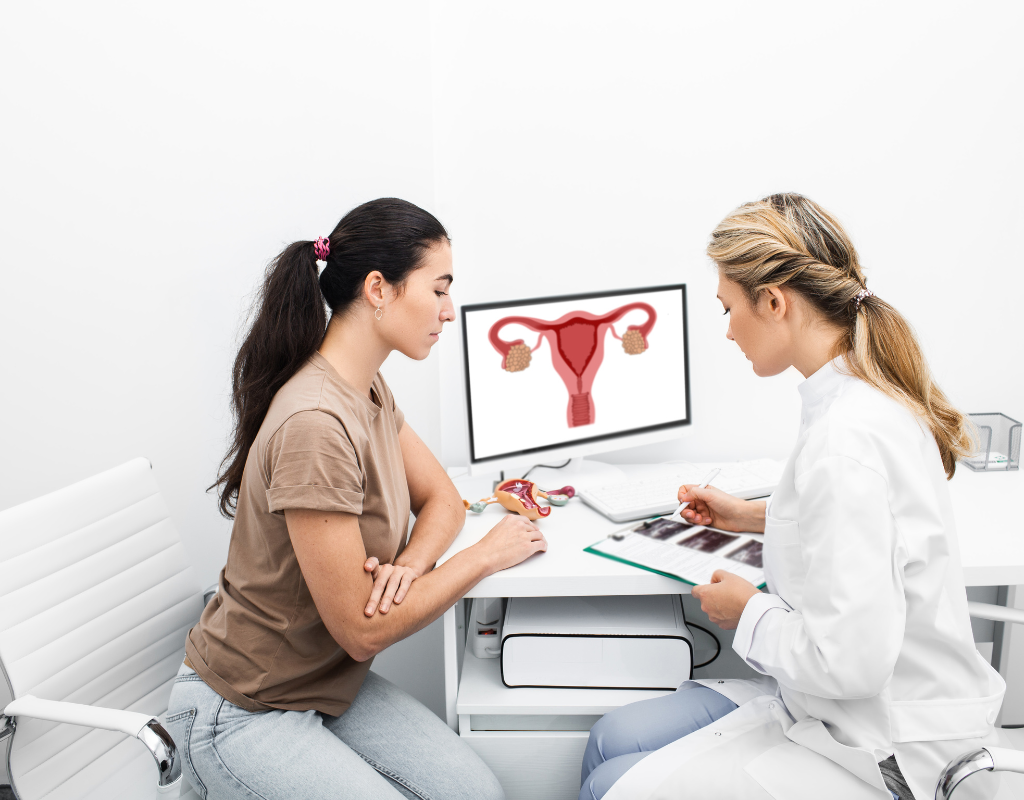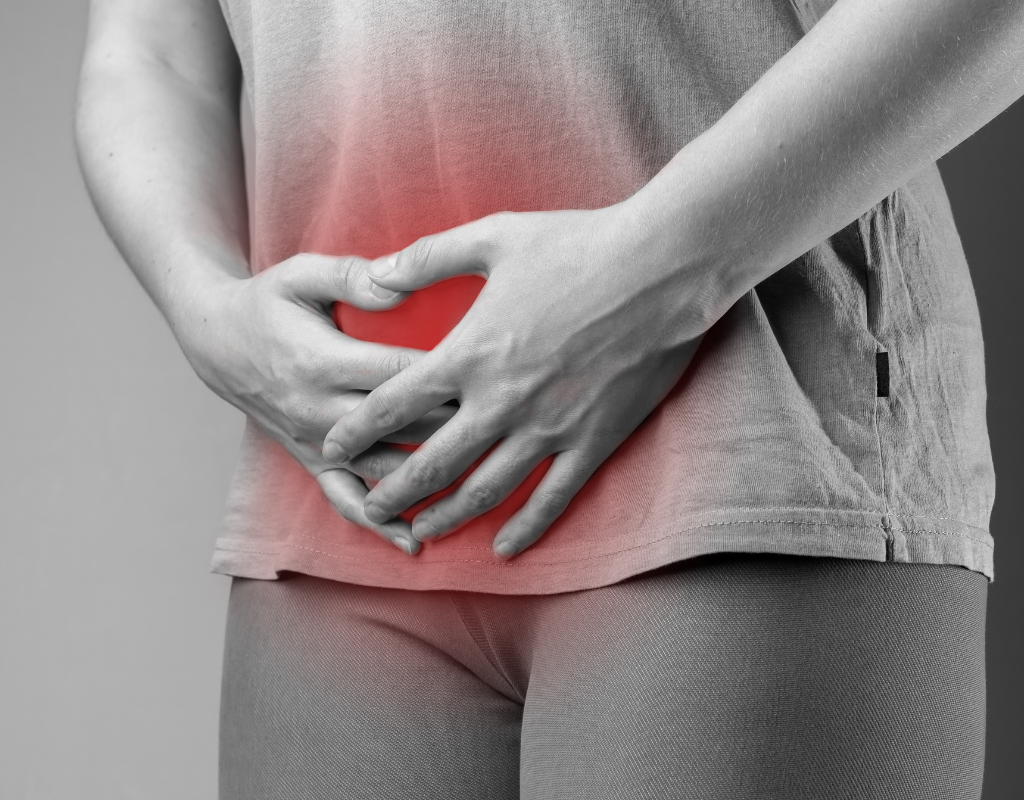Fibroids are noncancerous growths that can form in the uterus. Fibroids can be found in women of all ages, but they’re most common during pregnancy and after menopause. Women who have fibroids may experience a wide range of symptoms, including heavy bleeding or pain during their periods, painful urination, and other problems related to fibroid tissue. If you have symptoms of anemia such as extreme tiredness or shortness of breath, talk to your doctor about treatment options such as blood transfusions or medications for anemia
Anemia is when the body doesn’t have enough red blood cells to carry oxygen effectively through the body. It’s caused by a lack of iron in your system (iron is needed for healthy red blood cells). Women with anemia may experience fatigue or shortness of breath due to their condition—and it can make them feel lightheaded if they stand up too quickly or exert themselves too much physically.
Fibroids are noncancerous growths that can form in the uterus. Most women have fibroids, but not all of them cause problems.
Fibroids can cause heavy bleeding and pain, but they’re usually small enough to be treated with medicine or surgery. If you have a large fibroid that’s pressing on your bladder or rectum (the lower part of your intestines), it may need to be removed surgically so you don’t develop pressure on these organs as well.

They may cause heavy bleeding, pain, or other problems.
Fibroids are non-cancerous tumors that grow in the uterus. Fibroids can also cause anemia due to the blood loss. The most common symptom of anemia is extreme tiredness (fatigue). This may not be your only sign that you have anemia—you may also experience:
In some cases, they might cause anemia due to the blood loss.
Fibroids can cause heavy bleeding, which can result in anemia. Anemia is a common symptom of fibroids and can be treated with iron supplements. If you have symptoms of anemia, talk to your doctor about treatment options.
The most common symptom of anemia is extreme tiredness.
The most common symptom of anemia is extreme tiredness. This can be accompanied by other symptoms such as weakness, dizziness, and headaches. It’s important to note that not all people with fibroids will have these symptoms, but they are worth knowing about if you’re experiencing them in yourself or your partner.
Tiredness can affect your quality of life; it may make it difficult for you to do everyday tasks like cooking dinner or brushing your teeth without feeling like you need a nap first! You might also find yourself getting headaches at night because there’s less oxygen flowing through your brain when it is working harder than usual—and this could lead to more serious conditions like migraines (headaches) even though there aren’t any visible injuries present yet!
Anemia can affect people with fibroids in many ways.
Anemia can affect people with fibroids in many ways. The most common symptoms include fatigue and weakness, headaches, dizziness and shortness of breath, constipation, depression, and anxiety.

Anemia can also affect your mental abilities by affecting your ability to concentrate or think clearly. This is why it’s so important to get your iron levels tested regularly during pregnancy or after having a baby if you’re pregnant at the time.
If you have symptoms of anemia, talk to your doctor about treatment options.
If you have symptoms of anemia, talk to your doctor about treatment options. Treatment options include blood transfusions, iron supplements, and surgery. If you have a family history of anemia or low red blood cell counts (anemia), make sure that you get screened for it as early as possible so that any problems can be detected before they become serious.
Conclusion
Fibroids are a common condition that can cause serious complications for some people. Fibroids are the most common gynecological problem, and they can cause problems like pain, heavy bleeding, and infertility. Some fibroids also lead to anemia. If you have fibroids and are experiencing any of these symptoms, talk to your doctor. They can help you figure out how best to manage your condition and make sure that you get the treatment that’s right for you.

